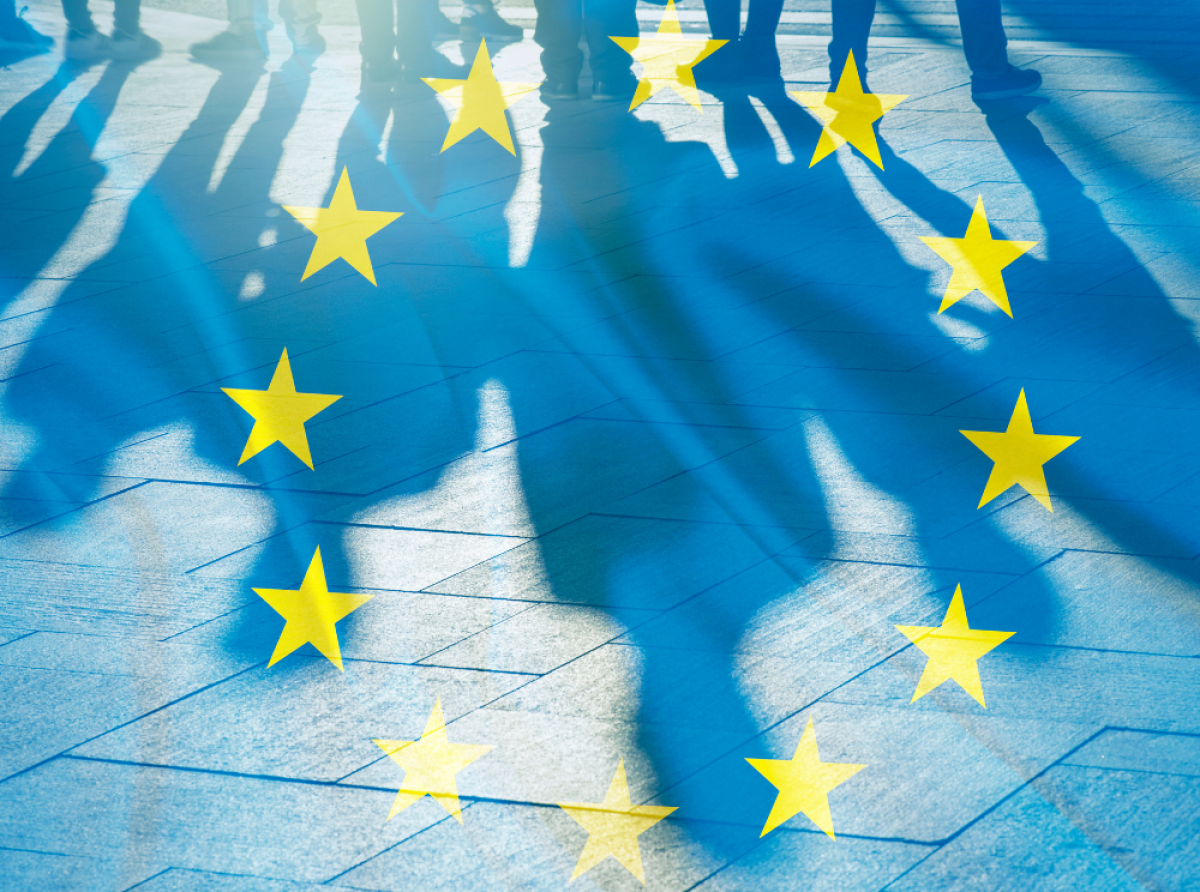The Russian assault on Ukraine has been described as a turning point for Europe, putting geopolitics back on the top agenda. The war coincidences with a new German government, which might, after 16 years of continuity with an economic focus, follow a more “value-driven” and “republican” foreign policy. Are we therefore witnessing a turning point in European integration, with a stronger shift from economic to geopolitical considerations? What does that mean for European integration theory? The article gives first an overview of the impact of the Russian war on European (economic) integration. It analyses the agenda of the new German government, especially regarding the relations to authoritarian and populist regimes and the concept of a “European Federal Republic” as a future vision for Europe put forward by the German Green party. Afterwards, the historic evolution of the economic paradigm in European integration theories is analyzed. Finally, European republicanism is presented as an alternative theoretical approach to European integration, which allows to combine economic and geopolitical aspects in a sounder theoretical framework.
ISSN: 2036-5438





